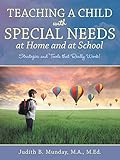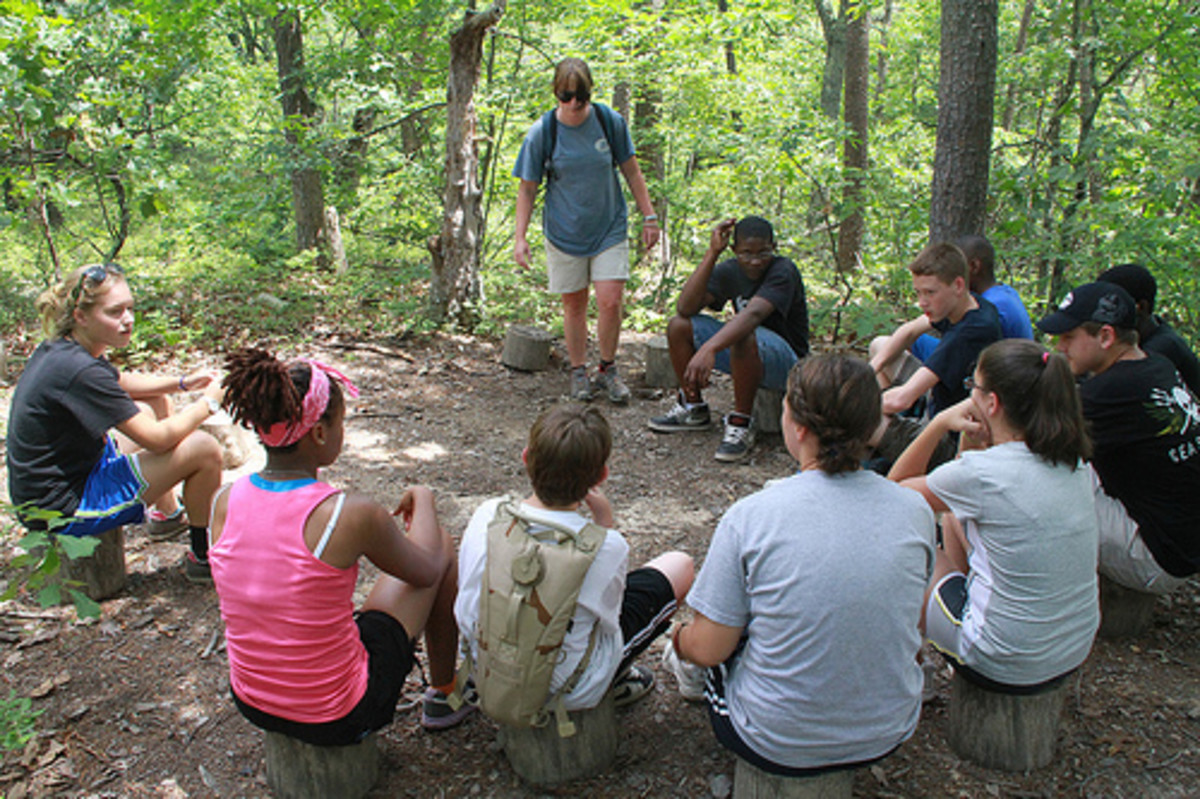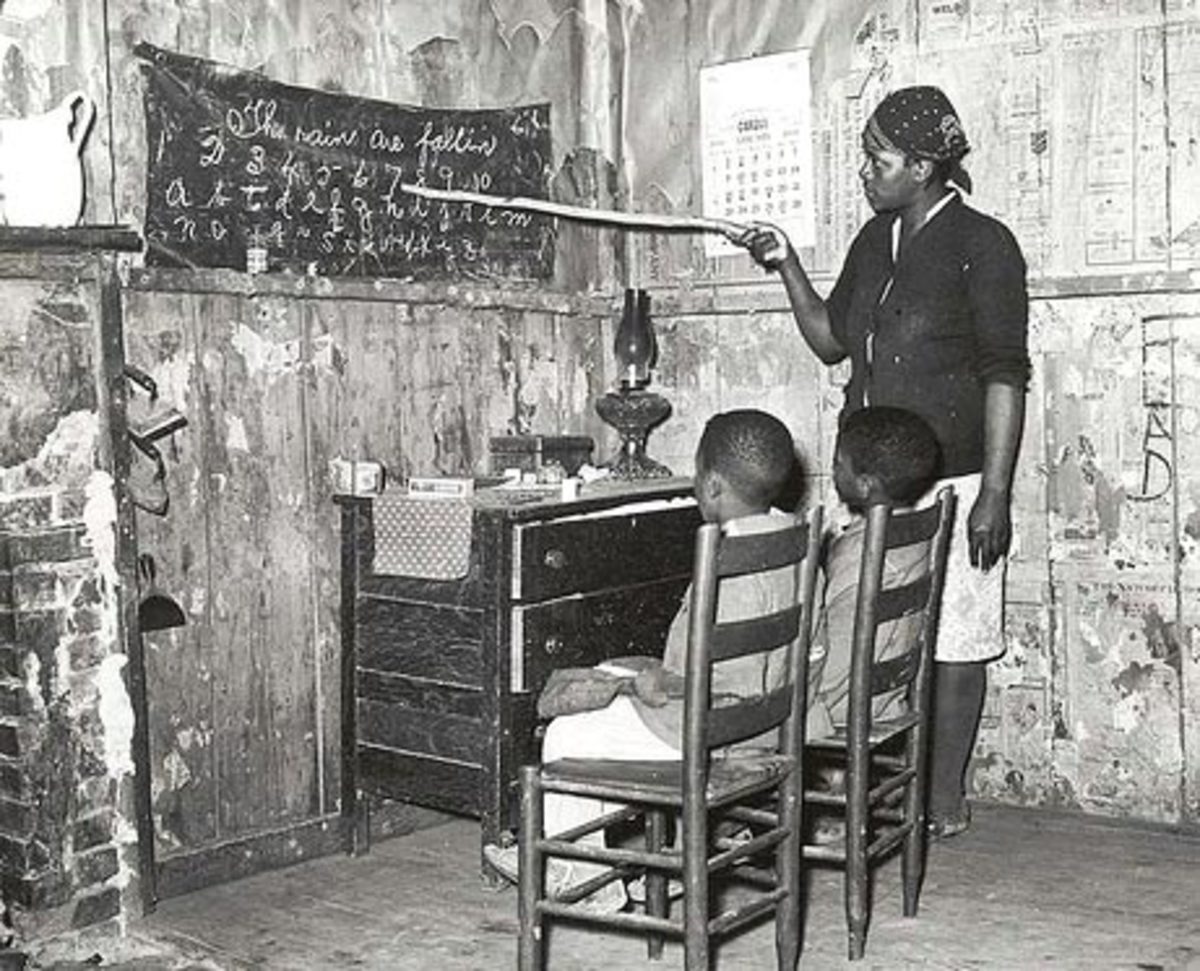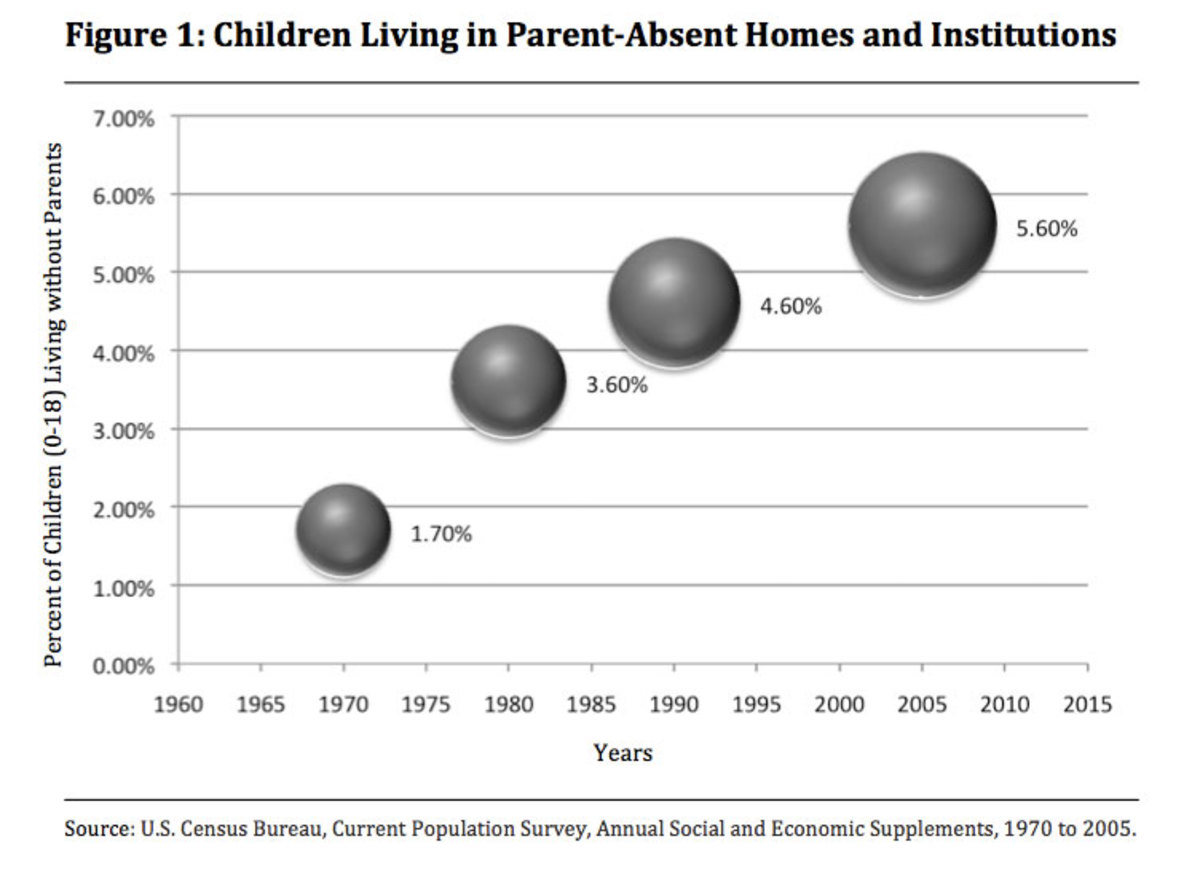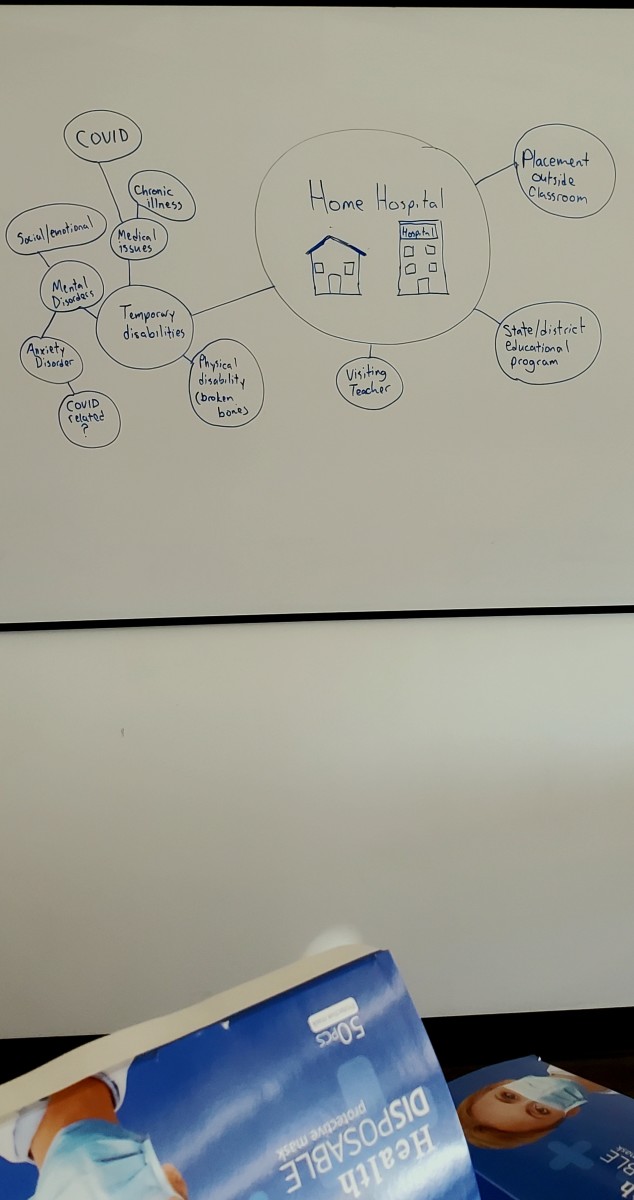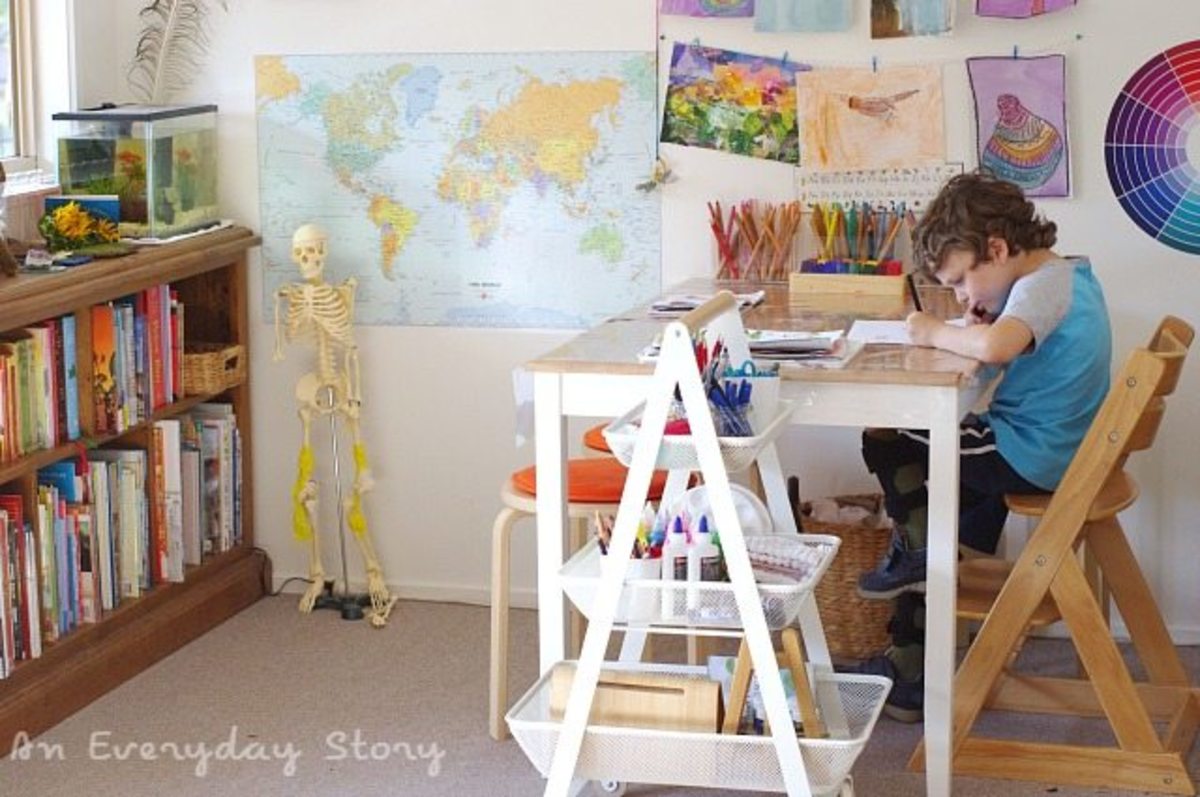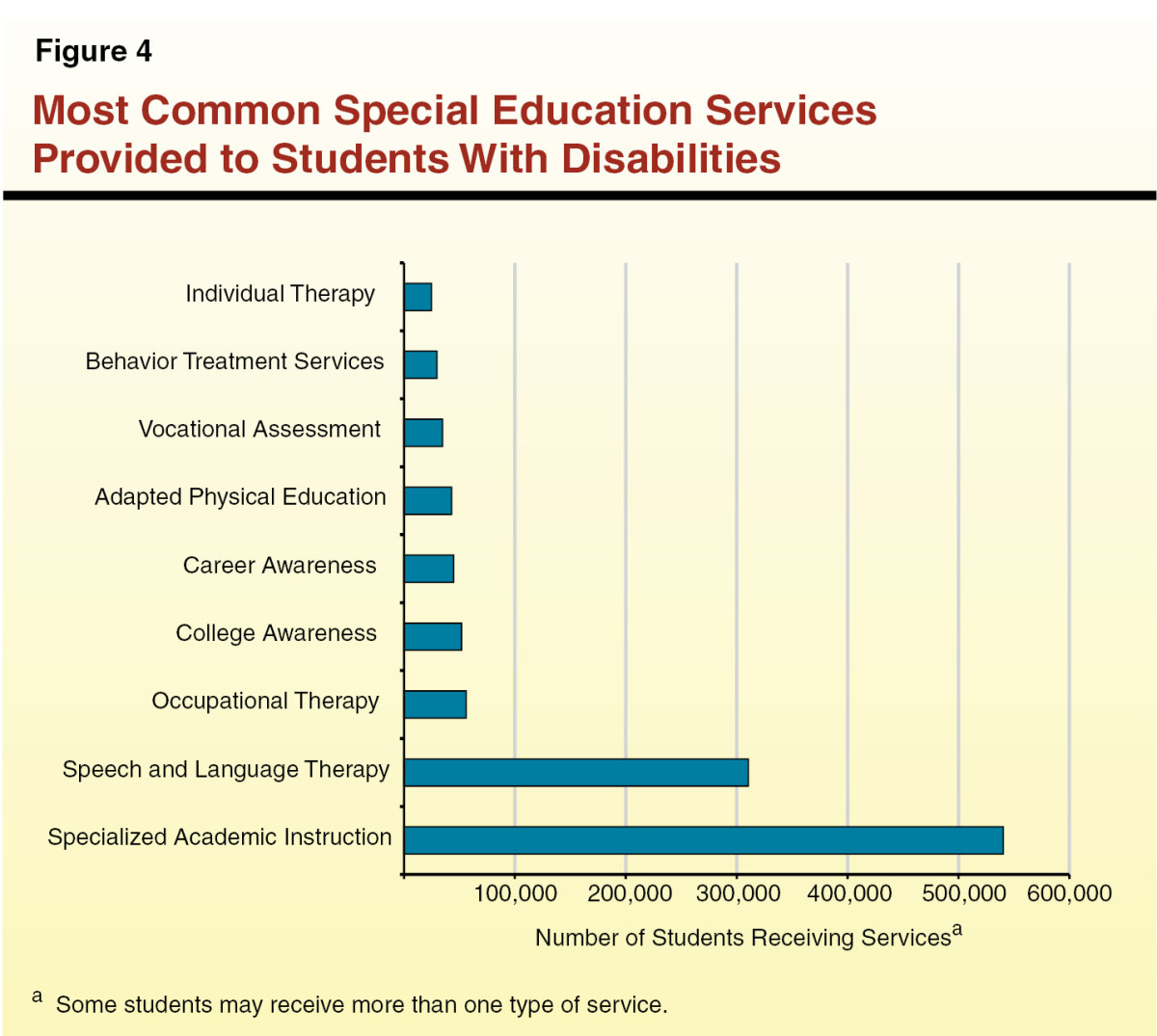California Bans Home Schooling: Your Rights as a Parent

Choosing Your Child's Education is Your Right
Most parents want to do what is best for their child. They want them to be well loved, educated, emotionally stable, and have a bright future. As parents, they have rights to give their children these things as they see fit. Tough love or overindulgence, making them pay their own way through college or setting up a fund the day they're born, sending them to a public school or homeschooling them. This last right, however, has been seriously threatened by a ruling on February 28, 2008 in a California Court ruling.
The Ruling
According to the Associated Press, Justice H. Walter Croskey wrote, "Parents do not have a constitutional right to home school their children." He also stated that noncompliance could lead to a criminal complaint against the parents. This threatens the education of some 166,000 students in California.
Reasons Parents Home School Their Children
Parents have several reasons for homeschooling their children. One is religion-public schools go against certain beliefs some people hold and they choose to educate their children in an environment that is more conducive to how they want to live and raise their children.
Another is the standard of education. My grandmother works in a school district in northern Arizona and consistently finds students who cannot put together a complete written sentence in higher grade levels.
There is also the issue of behavior. In a high school in Modesto, I know a teacher who would regularly send 3-12 students out of his classroom for bad behavior every day, and they couldn't care less. What influence would that have on a student who is trying to learn, but being interrupted every 5 minutes?
Arguments Against Home Schooling
The arguments posed against homeschooling were that students were being taught by parents who do not have teaching credentials, and can continue to be taught by parents who possess their teaching credentials. While I understand the importance of being intelligent and well educated, I don't think that knowing the latest theories and techniques on classroom control and having a slip of paper is going to make or break a 2nd grader's education.
Also, what if a child is suffering from bad grades and the parents want to pull him out just for a year for some intensive home schooling? That doesn't allow the time to get their credentialing just for that one year they wish to home school him.
Another argument posed against homeschooling was that it took an emotional toll on them. Worldnetdaily.com cites the court as saying, "keeping the children at home deprived them of situations where (1) they could interact with people outside the family, (2) there are people who could provide help if something is amiss in the children's lives, and (3) they could develop emotionally in a broader world than the parents' 'cloistered' setting."
While it is true that home schooled children can live in a type of bubble, that is their parent's choice. And yes, there are abuses. The family involved in the case was a mother teaching her eight children, and two were performing poorly. Sadly this can happen but even sadder is that this happens on a regular basis in our public schools. Education has nearly become a lose-lose situation unless you can afford an elite private school which most people cannot.
Why Parents Should Be Allowed to Home School
I consider myself well educated. I was in the liberal arts program on my way to getting my credentials when I decided to become a communication major instead. I graduated with a high GPA, have worked with kids for over 10 years, and am saddened to see the decline in the public school systems. For these reasons, I consider myself well qualified to home school my kids if we choose to do so. But I believe, contradictory to Justice Croskey, that it is unconstitutional to tell a parent how they may educate their children.
According to Wikipedia, home schooled children in California "must either a.) be part of a public homeschooling program through independent study or a charter school, b.) use a credentialed tutor, or c.) enroll their children in a qualified private school (Such private schools may be formed by the parents in their own home, or parents may utilize a number of private schools which offer some kind of independent study or distance learning options)."
I believe this brings balance to the arguments against homeschooling Justice Croskey laid forth. My younger brother was a part of an independent study during the last 3 years of high school, and if anyone was worried about him being socially awkward let me tell you he couldn't remember where he was supposed to be at what time he was so busy keeping up with friends and drama and classes and other activities. I really don't think he wanted to graduate and leave!
So, in short, this ruling seriously infringes on the rights of parents to choose how to raise their children. News articles and blogs are saying there may be a "mass exodus" of families leaving California because homeschooling is so important to them, they would rather start somewhere new than send their children to public school. The parents in the case have vowed to take it to the Supreme Court, and I wouldn't be surprised if it did go there, so stay tuned. You never know what rights they may take away next.
Sign the Petition to Depublish the Ruling
- Petition to Request Depublishing of California Court Case In Re Rachel L
Sign your name to appeal to the Supreme Court of California to Depublish the Ruling against Home School--this only takes about 30 seconds and can make a hugs impact.
News and Article Links
- Court: Parents Must Have Teaching Credentials to Home School Kids - Local News | News Articles | Nat
Court: Parents Must Have Teaching Credentials to Home School Kids, A California judge has ruled that parents who don't have teaching credentials can no longer home school their children. - Legality of homeschooling in the United States - Wikipedia, the free encyclopedia
Legal descriptions of Home Schooling in the US by Wikipedia

